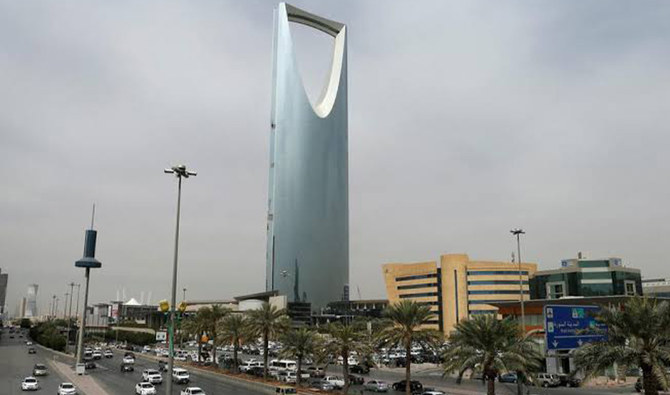RIYADH: Saudi Arabia is set to spend SR1.02 trillion ($272 billion) next year as the Kingdom embarks on a major privatization push amid a widening budget deficit.
The government’s annual budget released on Monday predicts revenue of SR833 billion in 2020, leaving a projected deficit of SR187 billion — or the equivalent of 6.4 percent of GDP. It anticipates real GDP growth of about 2.3 percent next year.
King Salman announced the figures at a cabinet meeting in Riyadh.
“We are determined to continue implementing economic reforms, diversifying sources of income, including investing the proceeds of Saudi Aramco by the Public Investment Fund, optimizing the use of available resources, empowering the private sector and raising the level of transparency and efficiency of government spending to boost growth and development rates,” he said.
Announcing the budget breakdown, Saudi Finance Minister Mohammed Al-Jadaan said that while spending next year would be less than in 2019, the government would continue its focus on developing the private sector, stressing there would be no increases in taxation.
“Privatization is at the top of the government’s priorities,” he told reporters.
“We will continue to support big projects and will continue to support promising projects,” he said. ” Enabling the private sector is the top priority of Vision 2030. We have more to come and our journey toward Vision 2030 demands it.

Saudi Finance Minister Mohammed Al-Jadaan said the government would continue its focus on developing the private sector. (Ahmed Fathi)
The budget takes place against a backdrop of quickening reforms in 2019 and a number of key events from the record initial public offering of Saudi Aramco to the creation of fast track tourism visas.
“We believe that the revenue assumptions in the budget are realistic, both oil and non-oil,” Monica Malik, chief economist at Abu Dhabi Commercial Bank, told Arab News.
“Despite the planned pullback in government spending, we expected to see a pickup in real non-oil GDP growth as investment activity strengthens. Spending by the PIF will be central for the higher investment activity.
"The finance ministry hosted a visit of international investors to coincide with this year’s budget announcement, underscoring the government’s desire to attract more overseas investment in the slipstream of the world’s biggest IPO. The group included a number of international investment companies, insurers and asset managers, including Goldman Sachs, Mayfair Bank, Etiqa Insurance and Nippon Life Insurance Company among others.
Saudi banks such as SAAB, Samba, NCB, Bank AlJazira and Alinma Bank also attended.
While reducing the Kingdom’s dependence on oil revenues is a key part of the Vision 2030 reform agenda, the commodity remains the principal driver of spending trends for both Saudi Arabia and other Arabian Gulf oil-exporting nations.
They have been coordinating production cuts since 2017 through the OPEC+ group of producers that includes Russia, in an effort to keep the market in balance amid surging output from US shale producers.
Last week the Kingdom spearheaded an agreement between the OPEC+ group of exporters to commit to further output cuts to help avert an oversupply of oil on the global market.
Education gets the lion’s share of government spending in 2020 with some SR193 billion set aside for the sector after more than 500 schools were opened in 2019.
The budget analysis also reveals that most non-oil sectors of the economy posted positive growth rates during the first half of this year with the construction sector recording growth for the first time since 2015.
That helped to reduce the unemployment rate among Saudis at the end of the first half of the year by 0.4 percentage points to 12.3 percent compared to the end of 2018.
US-based IHS Markit analyst Bryan Plamondon, told Arab News: “The 2020 budget highlights rationalized spending, with debt issuance and reserves helping to fill the gap from weaker revenues. We expect the Kingdom’s fiscal account will post wider deficits during 2020–21 as spending on Vision 2030 continues.”
*Click here for the full budget statement from the Ministry of Finance



































